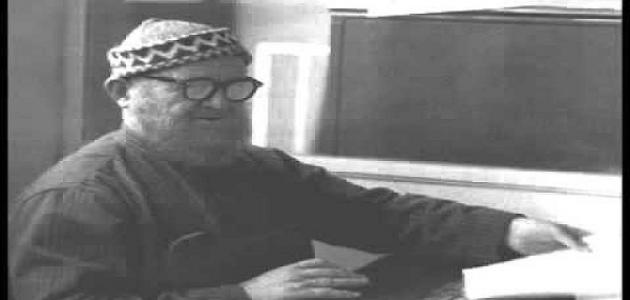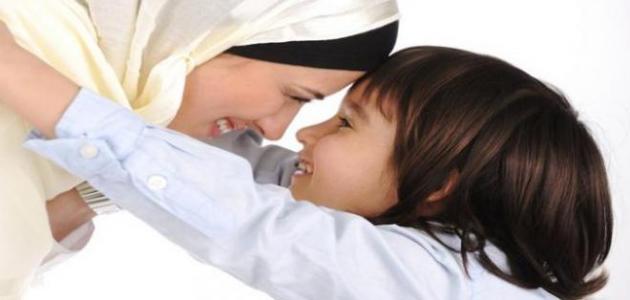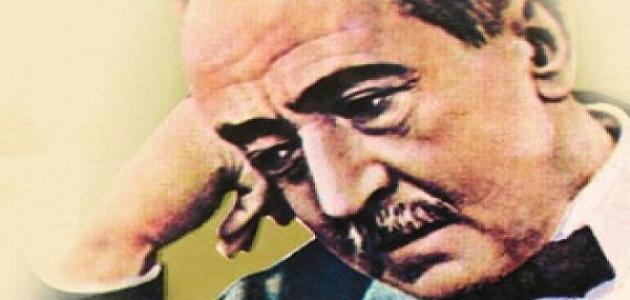Funeral provisions
(1) What the patient should do.
- The sick person must be satisfied with God’s will, be patient with his destiny, and think well of his Lord, for that is better for him
- And he should be between fear and hope, fearing God's punishment for his sins, and hoping for the mercy of his Lord.
- And no matter how severe the disease is, it is not permissible for him to wish for death
Keep me alive as long as life is good for me, and let me die if death is good for me.
- And if he has rights, let him return them to their owners, if it is possible for him to do so. Otherwise, he recommended that, and such a commandment must be hastened
- He must bequeath to his relatives who do not inherit from him.
- And he may bequeath a third of his money, and it is not permissible to increase it, but it is better to overturn it.
- Two just, Muslim men testify to this, and if they are not found, then two non-Muslim men
It is sought from them when doubting their testimony, as stated in the Qur’an.
- As for the will of the parents and relatives who inherit from the testator, it is not permissible, because it is abrogated by a verse
Inheritance, and the Messenger of God, may God’s prayers and peace be upon him, explained this in his sermon on the farewell pilgrimage, and he said, “There is no will for an heir.”
Read also:He who digs a hole for his brother- It is forbidden to harm the will, such as recommending depriving some of the heirs of their right to inheritance, or preferring
each other in it.
- The unjust commandment is void and rejected.
- Since most people in this time are innovating in their religion, especially with regard to
- With regard to funerals, it was obligatory for a Muslim to recommend that he be prepared and buried according to the Sunnah, and that is why the Companions of the Messenger of God, may God’s prayers and peace be upon him, recommended that.
(2) Indoctrination of the dying.
- If death comes to him, then the one who has matters must:
- to receive the certificate
- to invite him,
- And say nothing but good in his presence.
- Indoctrination is not the mention of testimony in the presence of the dead and hearing it to him, rather it is his command to say otherwise
- What some think.
- As for reading Surah (Yasin) with him, and he turned his face towards the qiblah, there was no authentic hadith in it. Rather, Saeed bin Al-Musayyib hated directing him to it, and he said: “Is the dead not a Muslim?” “
- And there is nothing wrong with a Muslim being present at the death of an infidel in order to offer Islam to him, in the hope that he becomes Muslim.
(3) What is due to those present after his death.
Read also:A topic about self-development- If he dies and surrenders the soul, they must do several things:
- to close his eyes, and pray for him too,
- To cover him with a garment that covers his entire body.
- This applies to someone other than the one who died in ihram. As for the one who is in ihram, he does not cover his head and face.
- that they hasten to prepare him and take him out if his death is imminent,
To bury him in the country in which he died, and not to transfer him to another, because it contradicts the haste that is commanded.
(4) What is permissible for those present and others.
- They may uncover the face of the deceased, kiss him, and weep over him for three days.
(5) It is obligatory upon the relatives of the deceased to inform them of the news of his death in two matters:
The first: Patience and contentment with fate. Patience over the death of children has a great reward.
The second thing: what is obligatory for the relatives: Retrieval, which is to say: (We belong to God and to Him we shall return).
- It does not contradict patience for a woman to refrain from all adornment, to mourn the death of her son or someone else
She did not exceed three days, except for her husband, so she is four months and ten years old.
Read also:way of reciting poetry- But if she does not mourn for someone other than her husband, to please the husband and fulfill his desire for her, then it is better for her.
Much good is hoped for them from behind this, as happened to Sulaym’s mother and her husband, Abu Talha Al-Ansari, may God be pleased with them.
(6) What is forbidden for the relatives of the dead.
- The Messenger of God, may God’s prayers and peace be upon him, forbade something that some people used to do and still do if a dead person died for them, so it must be known in order to avoid it, so it must be explained:
- Mourning, which is more than crying
- hit cheeks
- Sinus slit
- hair shaving
- Poetry publishing
- Some men let their beards grow for a few days out of grief for their dead, and when they passed, they returned to shaving them!









